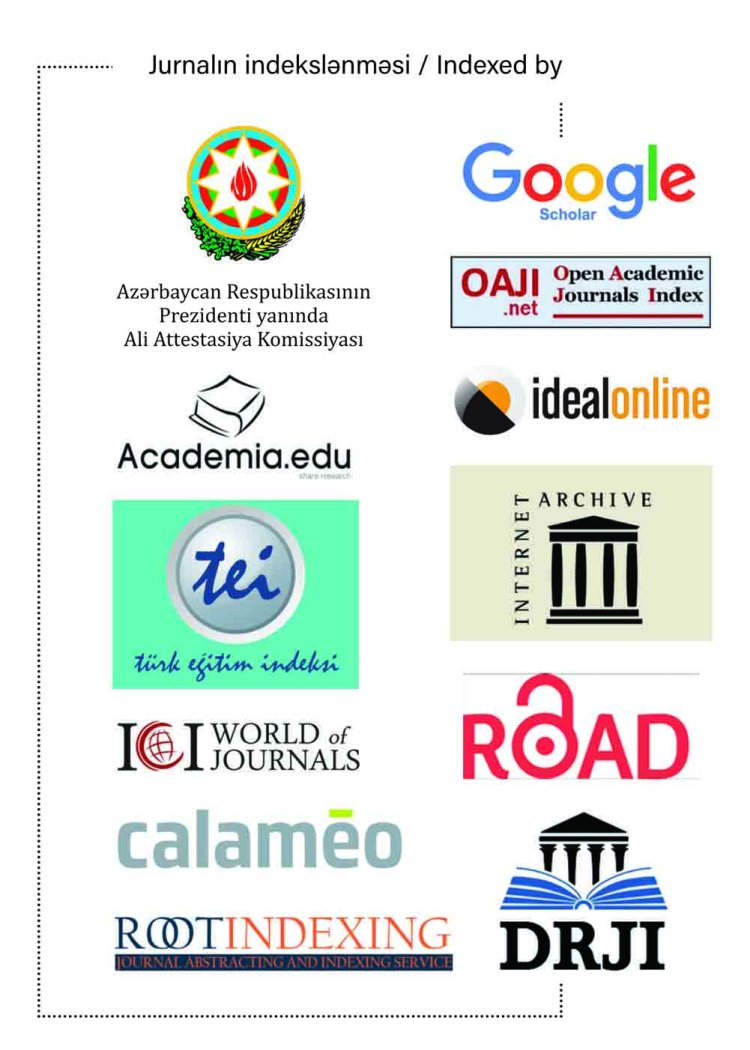TIMSS INTERNATIONAL ASSESSMENT AS A TOOL IN DETERMINING EDUCATION POLICY
International educational assessment programs provide an opportunity to obtain information about the educational process in the country, to study important problems that need to be addressed, and to compare the results with international experience by assessing the quality of education. One of these international assessment programs is the TIMSS (Trends in Mathematics and Science Studies) assessment. The article discusses how international assessments are used in the national education system, and the importance of evidence-based policy by identifying the factors that affect the students’ preparation, achievement and quality in different age groups in different subjects. It is noted that TIMSS plays an important role in shaping the education policy of countries, allows to compare the quality of education with other countries on many factors, helps to achieve the goal in the field of education. TIMSS uses countries' curricula as a basic concept that examines how students are given educational opportunities and the factors that influence how they use those opportunities. TIMSS looks at the curriculum from three aspects: the intended curriculum, the applied curriculum, and the implemented curriculum. The article explains each of them.




